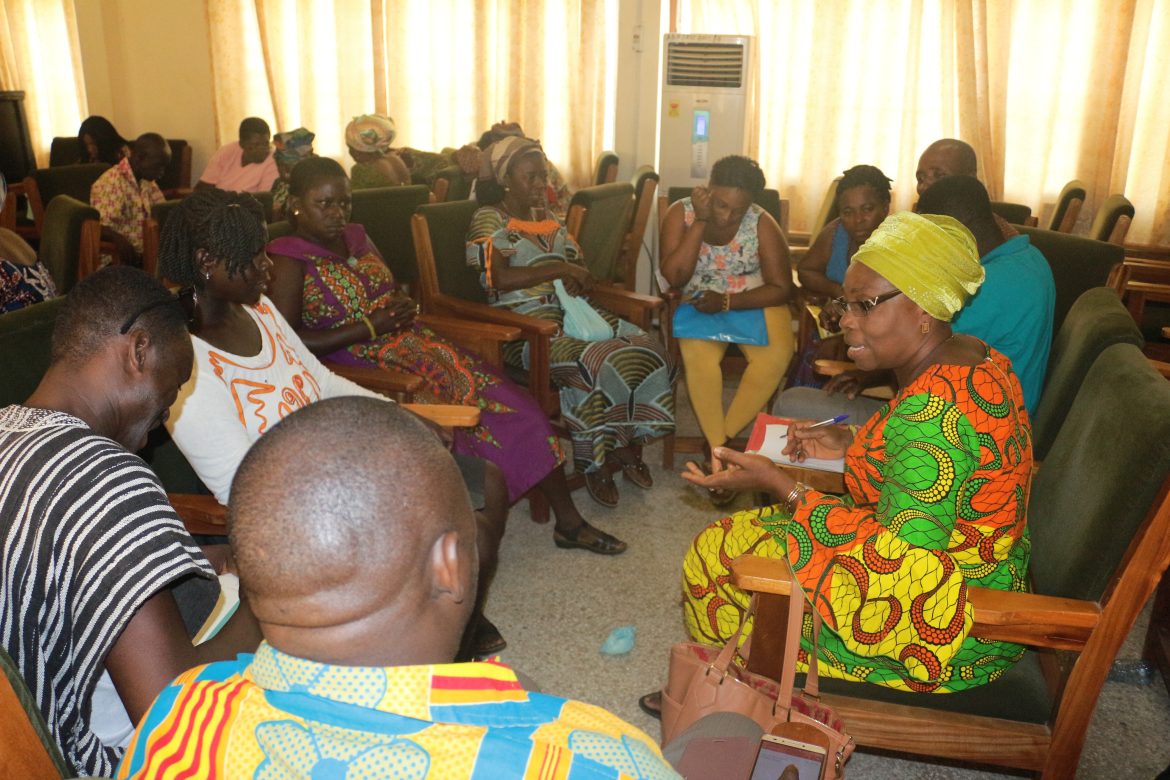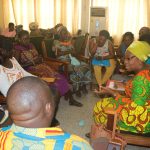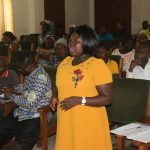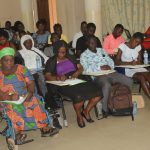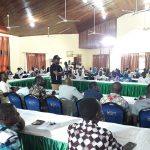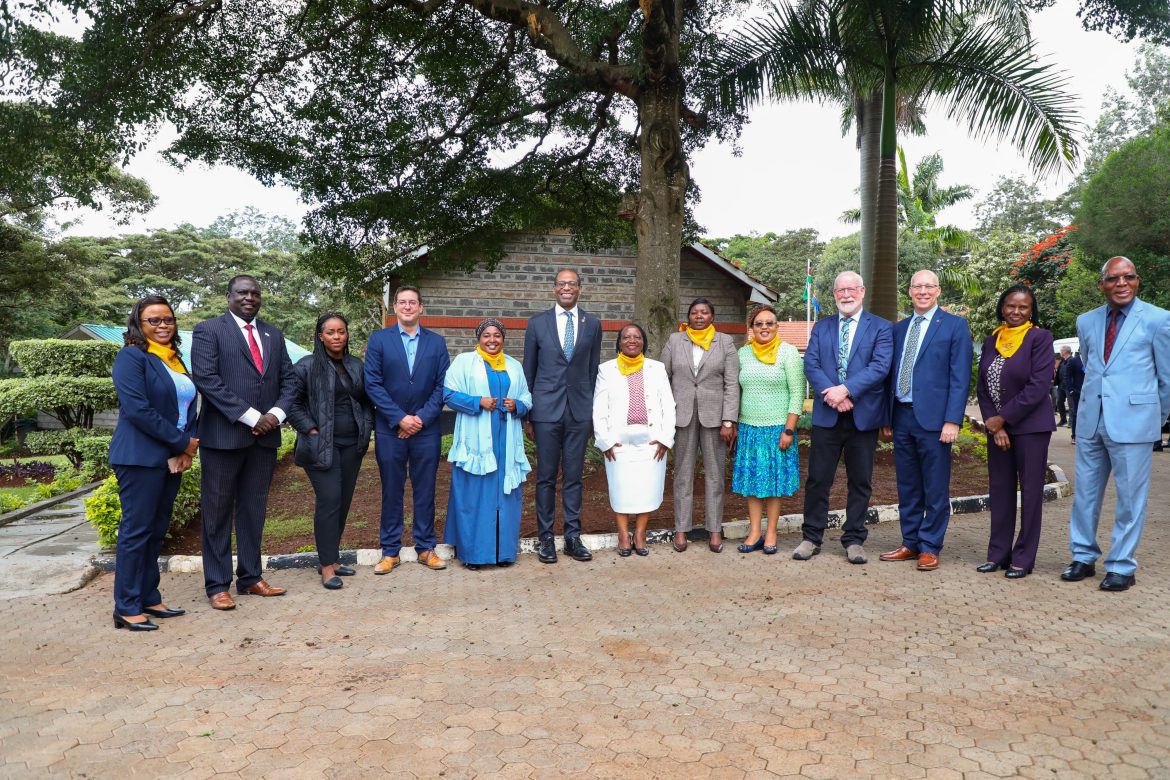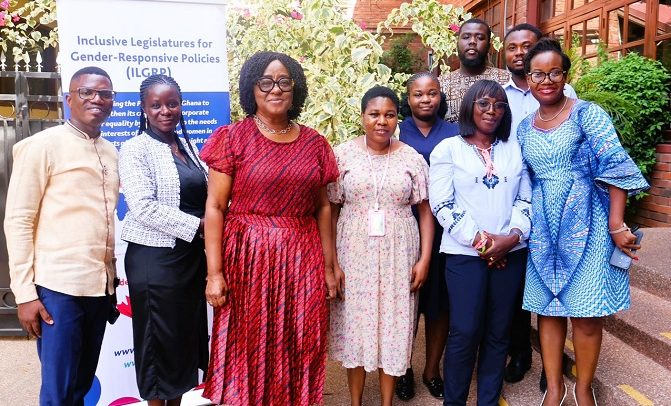One hundred and twenty participants were trained on how to engage parliament and also Gender Equality and Social Inclusion issues as part of a project title; Dialogue for Change: MPs and Citizens (Women, Youth and Vulnerable Groups) Working Together for Inclusive Development
Asuogyaman, Yilo Krobo, Akuapem North and Abuakwa North Districts
The project seeks to achieve the overall outcome of “Responsive citizen representation that meets the needs and aspiration of all, especially the excluded and vulnerable”. Voices of minority groups such as poor women in rural areas, PWDs, extremely poor citizens, and unemployed youth are virtually non-existent from Parliament’s deliberations (legislation, oversight and representation) mainly because of the lack of spaces and capacity on both sides and no tested policy or legal frameworks to support such engagements. Thus, the training triggered the knowledge and information acquisition process of marginalized groups on the work of members of parliament. The training was designed to aid the vulnerable groups better understand the role of parliament and ways to effectively engage MPs. The training took place in four districts in the Eastern Region of Ghana: April 12 in Asuogyaman (Atimpoku), 17 April in Yilo Krobo-Somanya, 24 April in Akuapem North-New Tafo and May 2 in Abuakwa North-Akropong.
Participants were made up of PWDs, market women, LEAP beneficiaries, Youth in and out of school, District assemblies and CSOs. The training was coordinated by African Center for Parliamentary Affairs (ACEPA) in partnership with SocioServe-Ghana and funded by STAR-Ghana under its Gender Equality and Social Inclusion cluster.
Participants were introduced to the Institution of Parliament and the Roles of Parliamentarians, Entry points for Advocacy/Citizens Engagement with Parliament, the Budget Process and Plenary Debate among others. Participants were also educated on the issue of Gender Equality and Social Inclusion. The training adopted an interactive and practical approach which got all participants participating in discussions. At the end of each training evaluations were carried out to note the change in knowledge of participants. Indeed, a shift was noticed on how participants perceived the role of parliament at the beginning of the training. Beneficiaries are now able to talk of the 4 major roles of parliament, identify the flaws in the way they used to engage MPs and duty bearers, and what needs to change going forward.
Participants commended the training and its relevance to them as citizens of the Republic of Ghana.

